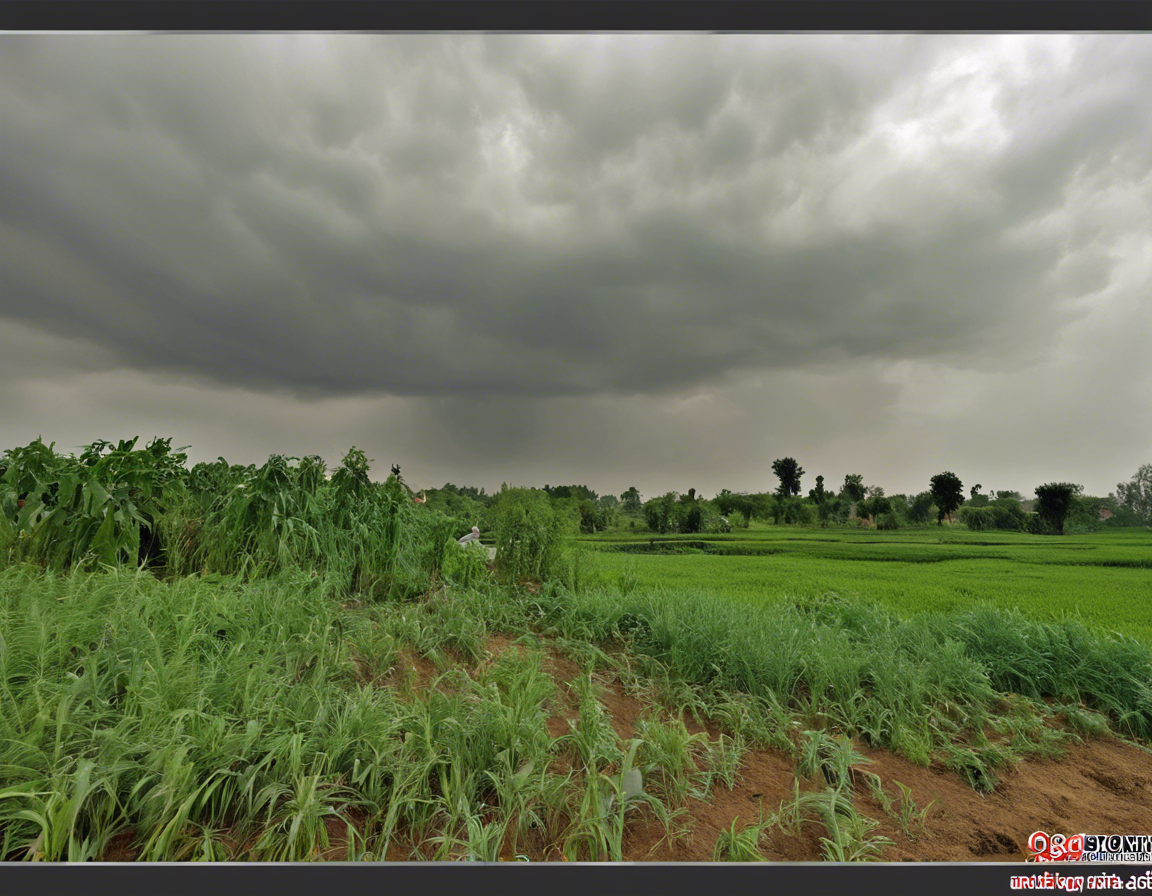Introduction
Weather has always been a fascinating topic for people all around the world. Understanding the weather conditions in different regions provides valuable insights into the environment, climate patterns, and local culture. In this article, we will delve into the weather in Muktsar Rural, a region known for its agricultural activities and unique climatic characteristics.
Geographical Overview
Muktsar Rural is a region located in the state of Punjab, India. It is situated in the Malwa region of Punjab, known for its fertile lands and rich agricultural heritage. The region experiences a semi-arid climate, with hot summers, mild winters, and a distinct monsoon season.
Seasonal Patterns
Summer: The summer season in Muktsar Rural typically begins in April and lasts until June. During this time, the temperatures soar, with daytime highs often exceeding 40 degrees Celsius. The nights are relatively cooler, providing some relief from the scorching heat.
Monsoon: The southwest monsoon arrives in Muktsar Rural around July and continues until September. This period brings much-needed precipitation to the region, vital for the agricultural activities in the area. The rains can be heavy at times, leading to waterlogging in low-lying areas.
Winter: Winter sets in around November and lasts until February. The temperatures drop significantly during this time, with nighttime lows often touching freezing levels. Foggy conditions are common in the early morning hours, creating a mystical ambiance across the rural landscape.
Climate Variability
The climate in Muktsar Rural exhibits significant variability, influenced by various factors such as the Western Disturbances, the monsoon currents, and the local topography. These elements combine to create a unique weather pattern that impacts the daily lives of the residents and the agricultural practices in the region.
Impact on Agriculture
The weather plays a crucial role in the agricultural activities of Muktsar Rural. Farmers rely on timely rains for their crops, especially during the Kharif season when crops like paddy and cotton are sown. Erratic weather patterns, including untimely rains or prolonged dry spells, can have a detrimental effect on the crop yield and the livelihoods of the farming community.
Weather Forecasting
In recent years, advancements in technology have improved the accuracy of weather forecasting in Muktsar Rural. Farmers now have access to real-time weather updates, helping them make informed decisions regarding irrigation, fertilization, and crop protection. The use of mobile applications and agro-meteorological advisories has become increasingly popular among the farming community.
Climate Change Concerns
Like many other regions across the globe, Muktsar Rural is also grappling with the effects of climate change. Rising temperatures, changing precipitation patterns, and extreme weather events pose challenges for the residents and the environment. Sustainable agricultural practices, water conservation measures, and community awareness programs are essential to mitigate the impact of climate change in the region.
Conclusion
In conclusion, the weather in Muktsar Rural plays a vital role in shaping the lives of its residents and the landscape of the region. By understanding the seasonal patterns, climate variability, and the impact on agriculture, we can appreciate the intricate relationship between weather and environment. As we move forward, it is crucial to adopt sustainable practices and embrace technology to adapt to the changing weather conditions in Muktsar Rural.
FAQs
1. What is the average rainfall in Muktsar Rural?
– The average annual rainfall in Muktsar Rural is around 500-600 millimeters.
2. Does Muktsar Rural experience extreme weather events?
– Yes, Muktsar Rural can experience extreme weather events such as thunderstorms, hailstorms, and heatwaves.
3. How do farmers in Muktsar Rural cope with drought conditions?
– Farmers in Muktsar Rural cope with drought conditions by practicing rainwater harvesting, using drought-resistant crop varieties, and implementing water-saving irrigation techniques.
4. Are there any weather-related festivals or events in Muktsar Rural?
– Yes, the festival of Lohri, celebrated in January to mark the end of winter, is closely linked to the weather and agricultural activities in Muktsar Rural.
5. How can tourists prepare for the weather in Muktsar Rural?
– Tourists visiting Muktsar Rural should pack light clothing during the summer months and carry warm layers for the winter season. It is advisable to check the weather forecast before planning any outdoor activities.
